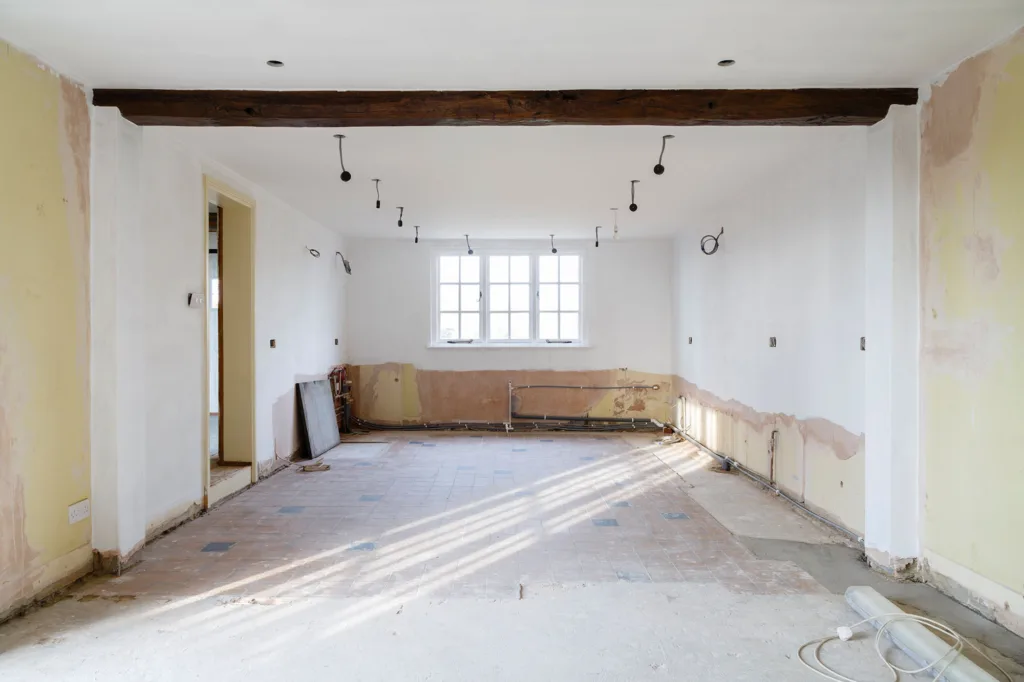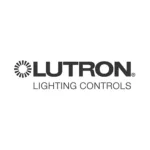When transforming your Cornwall home with a renovation, there’s more to think about than just design and décor. From initial planning to final inspection, electrical safety is a cornerstone that will protect your home and everyone in it. This isn’t merely about following rules – it’s about understanding the importance of safe practices, finding qualified electricians, and ensuring your home is wired correctly to prevent hazards. In this guide, we’ll walk through essential steps and industry standards that make all the difference in a safe renovation.
Whether you’re restoring a period property or modernising your space, here’s how to prioritise electrical safety for a successful renovation.
Initial Planning and Safety Precautions
Conducting a Safety Assessment
A comprehensive safety assessment is the first step before diving into any electrical changes. Older properties in Cornwall often have outdated wiring or insufficient outlets, and these must be evaluated by a qualified electrician. A thorough inspection should check the consumer unit (or fuse box), wiring conditions, and overall power load demands to see if upgrades are necessary. Identifying any immediate hazards like overloaded circuits or exposed wires can help you avoid costly setbacks.
Setting a Budget for Safety Upgrades
Electrical upgrades can quickly add up, especially if they involve reworking significant parts of the home. Budgeting specifically for electrical safety measures, such as new circuit installations, Residual Current Devices (RCDs), and a modern consumer unit, is essential. Planning for these elements from the outset ensures that your renovation stays within a safe standard while meeting your budget goals.
Choosing Qualified Electricians in Cornwall
Hiring a qualified and experienced electrician is crucial for any home renovation. In the UK, using registered electricians is not only a legal requirement for certain tasks but also a critical safety measure. Registered electricians are certified by schemes like NICEIC or NAPIT, ensuring they meet national safety standards. For a list of qualified professionals in the area and tips on selecting the best fit for your project, visit our Electrical Renovations in Cornwall Tips for Successful Projects page.
Reviewing Experience and Customer Feedback
Before hiring, it’s wise to look at reviews and past client feedback. This can offer insight into the electrician’s work quality, timeliness, and communication skills. Clear communication about the project timeline, cost estimates, and the scope of work is essential. Be sure to ask potential electricians about their experience with renovations similar to yours, especially if your project involves any specialised elements like heritage conservation or energy-efficient upgrades.
Understanding and Complying with Local Regulations
Permits and Cornwall’s Electrical Regulations
In Cornwall, electrical work often requires adherence to specific regulations, especially when significant alterations are made. Major changes, such as full rewiring or the installation of new consumer units, usually need approval from Building Control. For certain modifications, you or your contractor must submit a Building Regulations application. Familiarising yourself with these regulations and confirming your electrician’s qualifications will help you avoid fines and ensure your project is compliant. For more detailed guidance on building regulations, consult Electrical Safety First’s official resources.
Importance of Compliance Documentation
Documenting every step of your electrical work isn’t just for peace of mind – it’s also essential if you decide to sell the property or need to troubleshoot future issues. Obtaining compliance certificates, such as the Electrical Installation Certificate, demonstrates that the work meets safety standards. Additionally, this documentation ensures that future electricians have an accurate record of your home’s wiring history.
Key Safety Practices During the Renovation

Ensuring Site and Resident Safety
During any renovation, it’s essential to maintain a safe environment for both workers and residents. Isolating work zones, keeping wiring off the floor, and installing temporary lighting can help prevent accidents. If the property will be occupied during the renovation, consider temporary power solutions and establish clear work zones. Taking these measures prevents accidents and ensures smooth work progress.
Upgrading Essential Electrical Components
Outdated wiring is one of the most common hazards in home renovations. Whether it’s upgrading from a fuse-based consumer unit to a safer model or adding outlets to reduce extension cord reliance, these upgrades are key. For extensive electrical work, consider our Rewires and New Installations Services to explore safe installation practices and professional services tailored for Cornwall homes.
Installing RCDs and Other Safety Devices
RCDs, or Residual Current Devices, are designed to protect people from electric shocks by cutting off power in the event of a fault. These devices should be installed as part of your consumer unit or on individual circuits, particularly in rooms with water access, like bathrooms and kitchens. Surge protectors are also advisable to safeguard against unexpected voltage spikes, especially in regions prone to power fluctuations. For more on RCD requirements and installation best practices, refer to resources from HSE’s Electrical Safety Guidance.
Final Inspection and Obtaining Compliance Certification
Conducting a Professional Inspection
After all electrical work is completed, it’s vital to arrange a final inspection to ensure every installation is compliant with national standards. This inspection should be conducted by a qualified electrician who will review the entire system, test all connections, and confirm the proper functioning of protective devices.
Obtaining Necessary Documentation for Future Safety
Once the final inspection is completed, request all relevant compliance documentation from your electrician. This will include an Electrical Installation Certificate or Minor Electrical Installation Works Certificate, depending on the scope of the work. Not only does this serve as proof of compliance, but it also supports insurance claims and simplifies future maintenance.
FAQs
Q1: Do all types of electrical work require a permit in Cornwall?
No, but larger projects such as rewiring, adding new circuits, or installing new consumer units typically do. Always check with your local Building Control department to confirm if a permit is required.
Q2: How do I verify an electrician’s qualifications?
To verify qualifications, check if the electrician is registered with a competent person scheme like NICEIC or NAPIT. You can also ask to see proof of their credentials or check reviews from previous clients.
Q3: What are the essential safety features to install during renovations?
Key safety features include RCDs for circuit protection, surge protectors, and modern consumer units to handle increased electrical loads. These features provide essential safeguards against electric shocks and potential fires.
Conclusion
Following these best practices will protect your investment and provide peace of mind that your home is safe and compliant. Electrical safety in renovations isn’t just a legal responsibility – it’s a vital step toward a secure and efficient home. As you plan your next renovation, consider reaching out to Wave Electrical Solutions for advice and expert services tailored to Cornwall properties.










